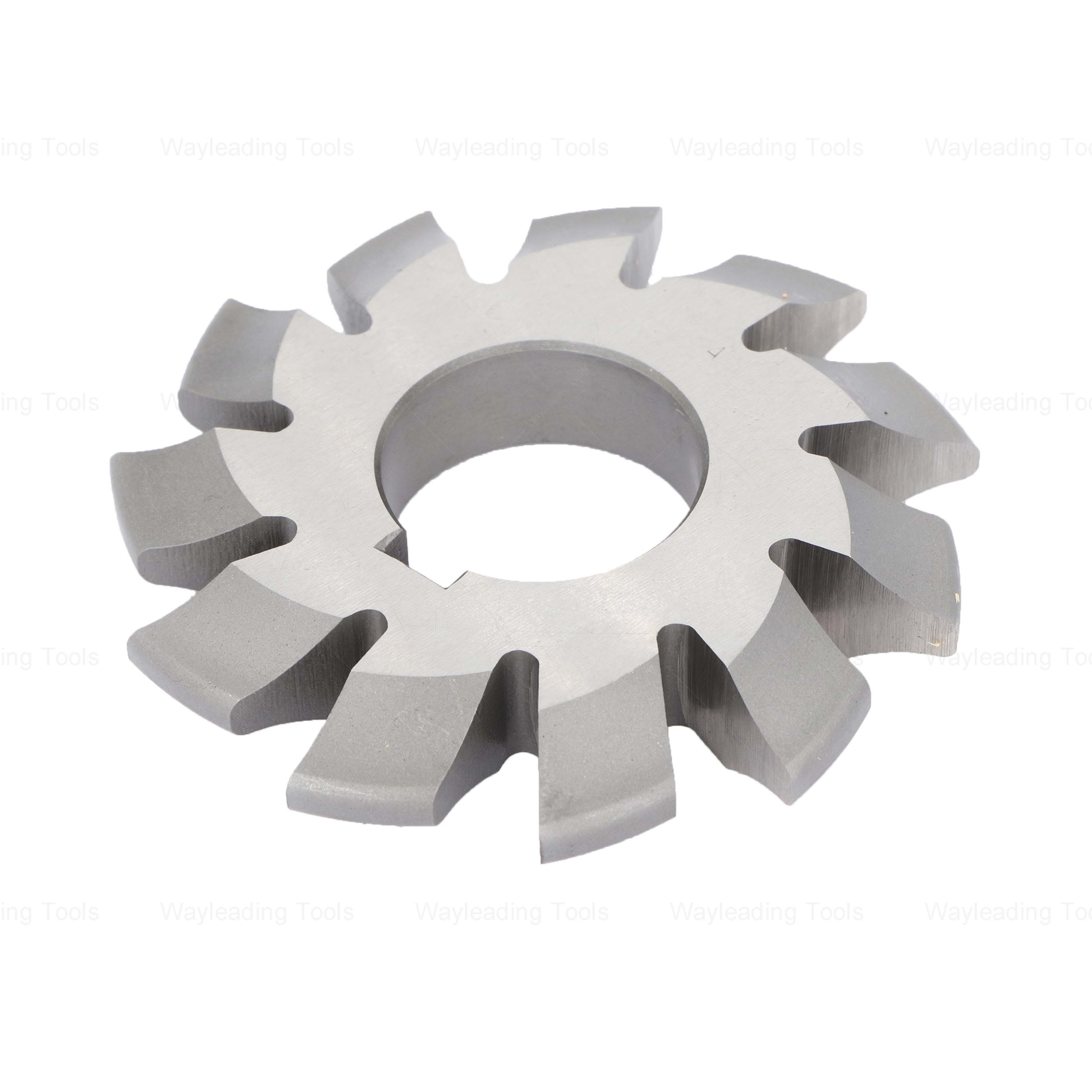reamer tools Manufacturers
Choosing the right reamer tools manufacturers is crucial for achieving precise and efficient hole finishing. This guide explores the key considerations when selecting a manufacturer, the types of reamer tools available, and factors influencing quality and cost, empowering you to make informed decisions for your specific application.
Understanding Reamer Tools
Reamer tools are precision cutting tools used to enlarge and finish existing holes to exact dimensions and smooth surfaces. They remove a small amount of material, typically 0.001 to 0.005 inches (0.025 to 0.127 mm) per side, ensuring tight tolerances and accurate hole sizes.
Types of Reamer Tools
Different applications require different types of reamers. Here are some common types:
- Hand Reamers: Used for manual reaming, ideal for small-scale projects and tight tolerances.
- Machine Reamers: Designed for use with drilling machines, lathes, or CNC machines, offering higher efficiency and consistency.
- Adjustable Reamers: Allow for slight adjustments in diameter to accommodate variations in hole size or material.
- Tapered Reamers: Used to create tapered holes, often for fitting tapered pins or fasteners.
- Shell Reamers: Consist of a reamer head that attaches to an arbor, providing cost-effectiveness for high-volume production.
- Carbide Reamers: Made from carbide materials, these are suitable for high-speed machining and provide excellent wear resistance.
Reamer Tool Materials
The material of the reamer tool significantly impacts its performance and lifespan. Common materials include:
- High-Speed Steel (HSS): A versatile and cost-effective option for general-purpose reaming.
- Cobalt Steel: Offers improved heat resistance and wear resistance compared to HSS, suitable for tougher materials.
- Carbide: Provides superior hardness, wear resistance, and heat resistance, ideal for high-speed machining and abrasive materials.
Selecting the Right Reamer Tools Manufacturer
Choosing the right reamer tools manufacturer is critical for ensuring quality, reliability, and performance. Here are some key factors to consider:
Experience and Reputation
Look for manufacturers with a proven track record and a strong reputation in the industry. Check for customer reviews, testimonials, and case studies to assess their reliability and quality of products.
Manufacturing Capabilities
Evaluate the manufacturer's capabilities to meet your specific requirements. Consider factors such as:
- Customization Options: Can the manufacturer produce custom reamers to your exact specifications?
- Production Capacity: Can the manufacturer handle your required volume and delivery timelines?
- Quality Control: What quality control measures are in place to ensure consistent and accurate reamer tools?
Material Selection and Tool Design
A reputable manufacturer will have expertise in selecting the appropriate materials and designing reamer tools for various applications. They should be able to advise you on the best materials and designs to optimize performance and longevity.
Cost and Value
While cost is a factor, focus on the overall value of the reamer tools. Consider the tool's lifespan, performance, and impact on your production efficiency. A slightly more expensive, high-quality reamer can often be more cost-effective in the long run.
Customer Support and Service
Choose a manufacturer that provides excellent customer support and service. They should be responsive to your inquiries, offer technical assistance, and provide after-sales support.
Top Reamer Tools Manufacturers (Considerations)
Identifying specific manufacturers requires thorough research based on your location, industry, and specific needs. However, when evaluating potential manufacturers, consider the following characteristics that define top-tier providers:
- Wide Product Range: Offering a comprehensive selection of reamer types and sizes to cater to diverse applications.
- Advanced Manufacturing Technology: Utilizing state-of-the-art equipment and processes to produce high-precision reamers.
- Stringent Quality Control: Implementing rigorous quality control measures at every stage of production, from material selection to final inspection.
- Custom Reamer Capabilities: Providing custom reamer design and manufacturing services to meet unique requirements.
- Technical Expertise: Offering expert technical support and application guidance to help customers select the optimal reamer tools.
Reaming Best Practices
To maximize the performance and lifespan of your reamer tools, follow these best practices:
- Proper Tool Holding: Ensure the reamer is securely and accurately held in the machine.
- Appropriate Speed and Feed: Use the recommended speed and feed rates for the material being reamed.
- Coolant Usage: Employ coolant to lubricate the cutting edges and remove heat, extending tool life.
- Hole Preparation: Prepare the hole with a suitable drilling operation before reaming.
- Regular Inspection: Inspect reamers regularly for wear and damage, and replace them as needed.
Where to Buy Reamer Tools
You can purchase reamer tools from various sources, including:
- Industrial Suppliers: Specialized suppliers that offer a wide range of cutting tools and equipment.
- Online Retailers: Online marketplaces that sell reamers from various manufacturers.
- Directly from Manufacturers: Purchasing directly from the manufacturer can provide access to custom reamers and technical support. For example, you can check out Wayleading Tools at www.wayleading.com for their range of reamer tools.
Factors Affecting Reamer Tool Cost
Several factors influence the cost of reamer tools:
- Material: Carbide reamers are generally more expensive than HSS reamers.
- Size and Complexity: Larger and more complex reamers tend to be more costly.
- Customization: Custom reamers typically have a higher price due to the additional design and manufacturing effort.
- Quantity: Purchasing in larger quantities can often result in volume discounts.
Comparing Reamer Tool Materials
| Material | Hardness | Wear Resistance | Cost | Application |
|---|---|---|---|---|
| HSS | Medium | Medium | Low | General purpose |
| Cobalt Steel | High | High | Medium | Tougher materials, higher temperatures |
| Carbide | Very High | Very High | High | High-speed machining, abrasive materials |
*Note: Data provided are general guidelines. Actual performance may vary based on specific application and tool quality.
Conclusion
Selecting the right reamer tools manufacturers requires careful consideration of your specific needs, the manufacturer's capabilities, and the overall value proposition. By following the guidelines outlined in this article, you can make informed decisions that ensure quality, efficiency, and cost-effectiveness in your reaming operations. Explore Wayleading Tools for a wide variety of high-quality reamer options to fit your project needs.
Related products
Related products
Best selling products
Best selling products-
 Round Die Wrench For Thread Cutting Tools
Round Die Wrench For Thread Cutting Tools -
 5C Hex Collet With Inch and Metric Size
5C Hex Collet With Inch and Metric Size -
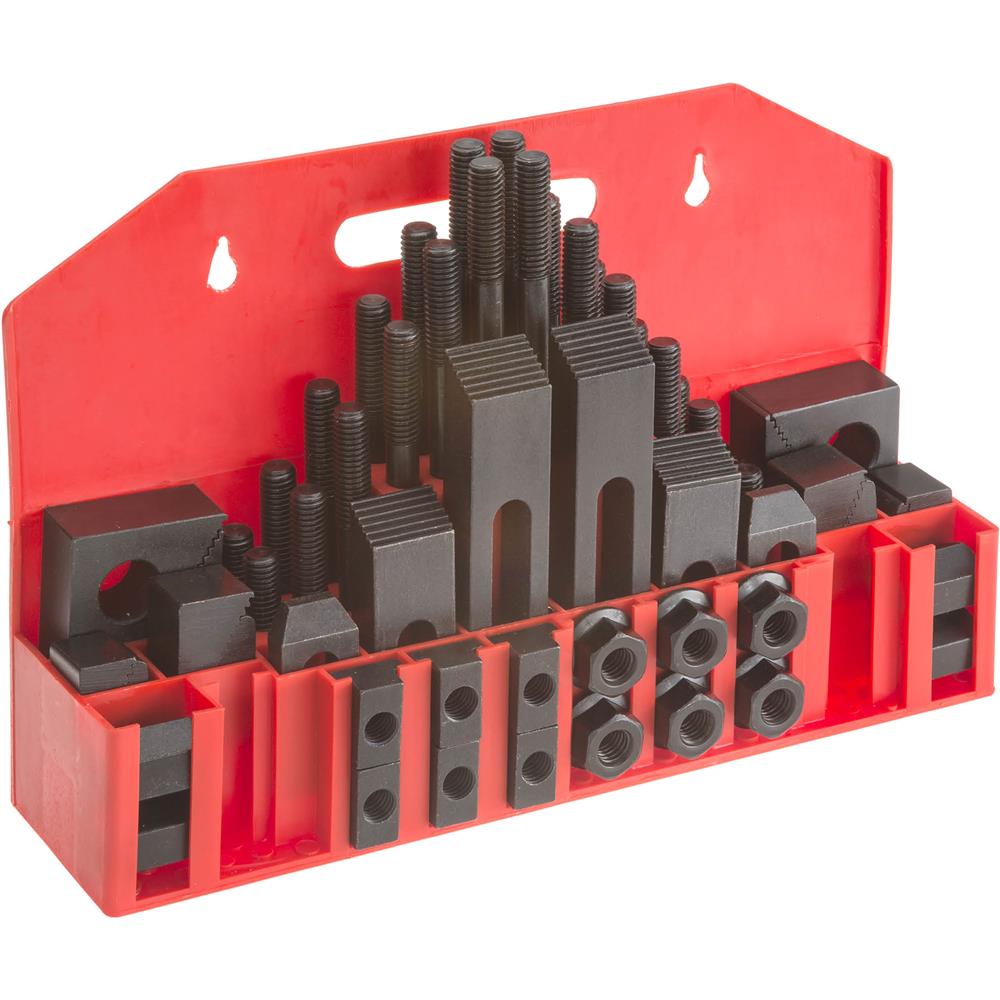 58pcs Clamping Kit With Metric & Inch Size
58pcs Clamping Kit With Metric & Inch Size -
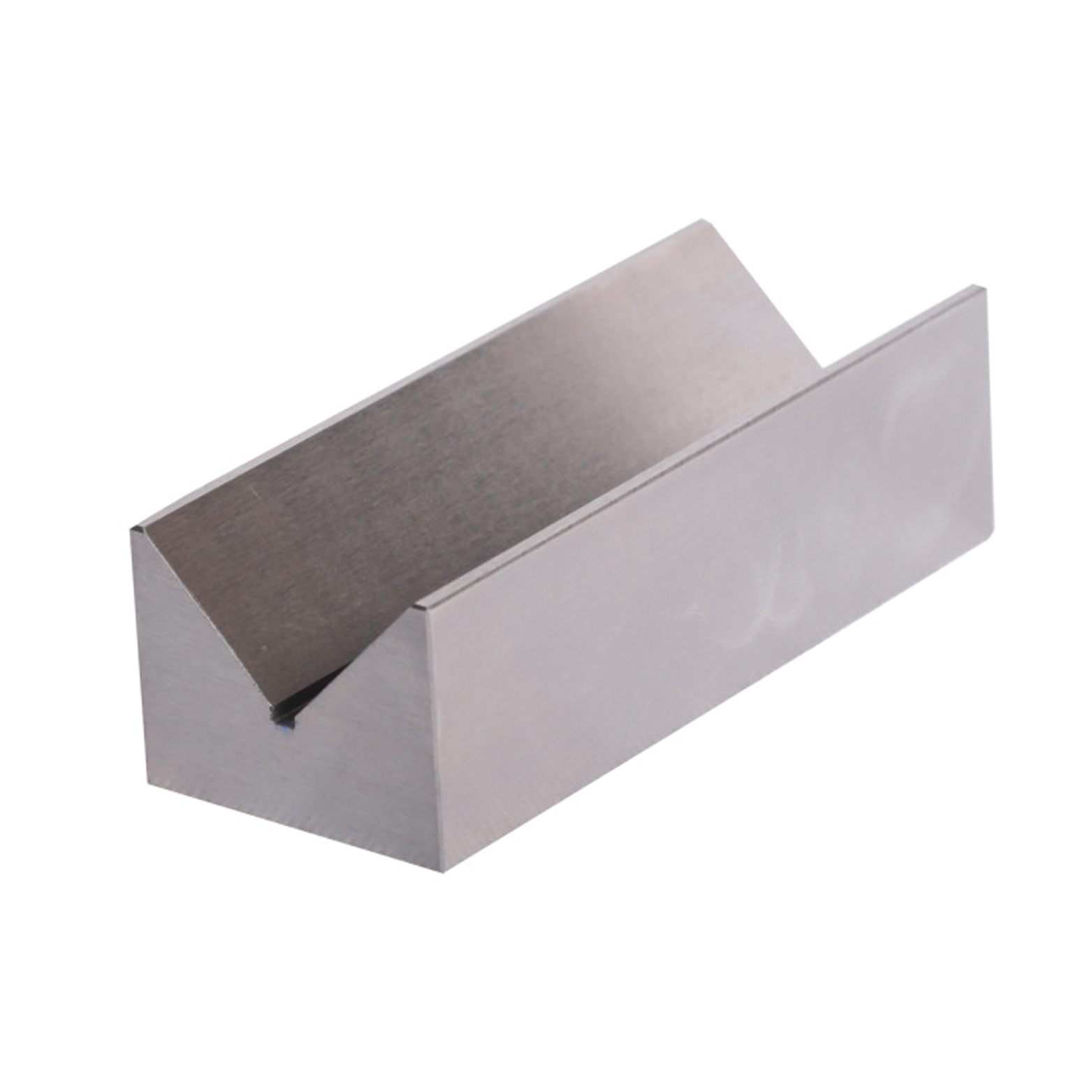 Precision V Block Set With Industrial Type
Precision V Block Set With Industrial Type -
 HSS Threading Taps – ISO 529, Straight Flute, Spiral Flute & Spiral Point
HSS Threading Taps – ISO 529, Straight Flute, Spiral Flute & Spiral Point -
 ANSI B94 HSS Jobber Length Drill Bits Fully Ground
ANSI B94 HSS Jobber Length Drill Bits Fully Ground -
 Precision V Block And Clamps Set With High Quality Type
Precision V Block And Clamps Set With High Quality Type -
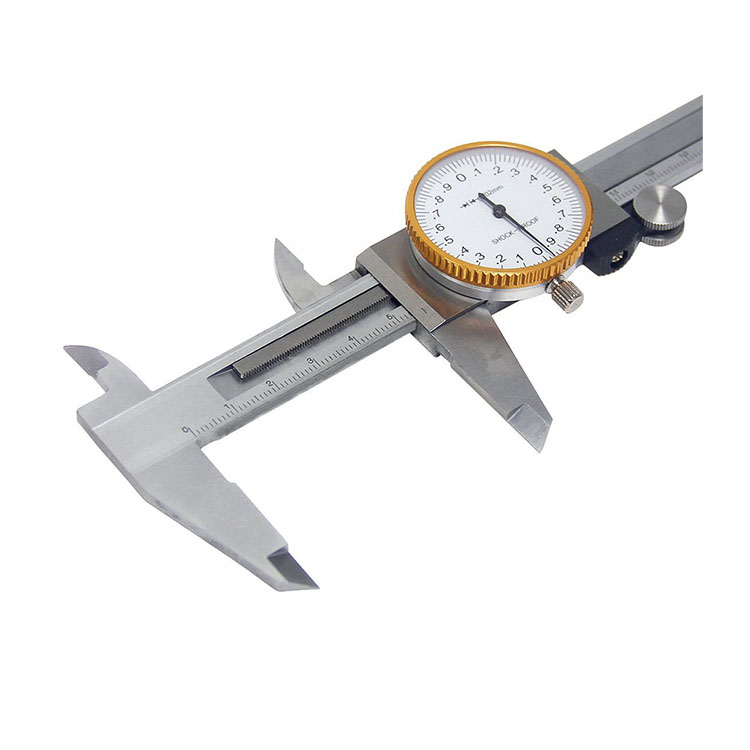 Precision Dial Caliper Of Metric & Imperial For Industrial
Precision Dial Caliper Of Metric & Imperial For Industrial -
 DIN6537L Metric Solid Carbide Twist Drill With Internal Coolant & External Coolant
DIN6537L Metric Solid Carbide Twist Drill With Internal Coolant & External Coolant -
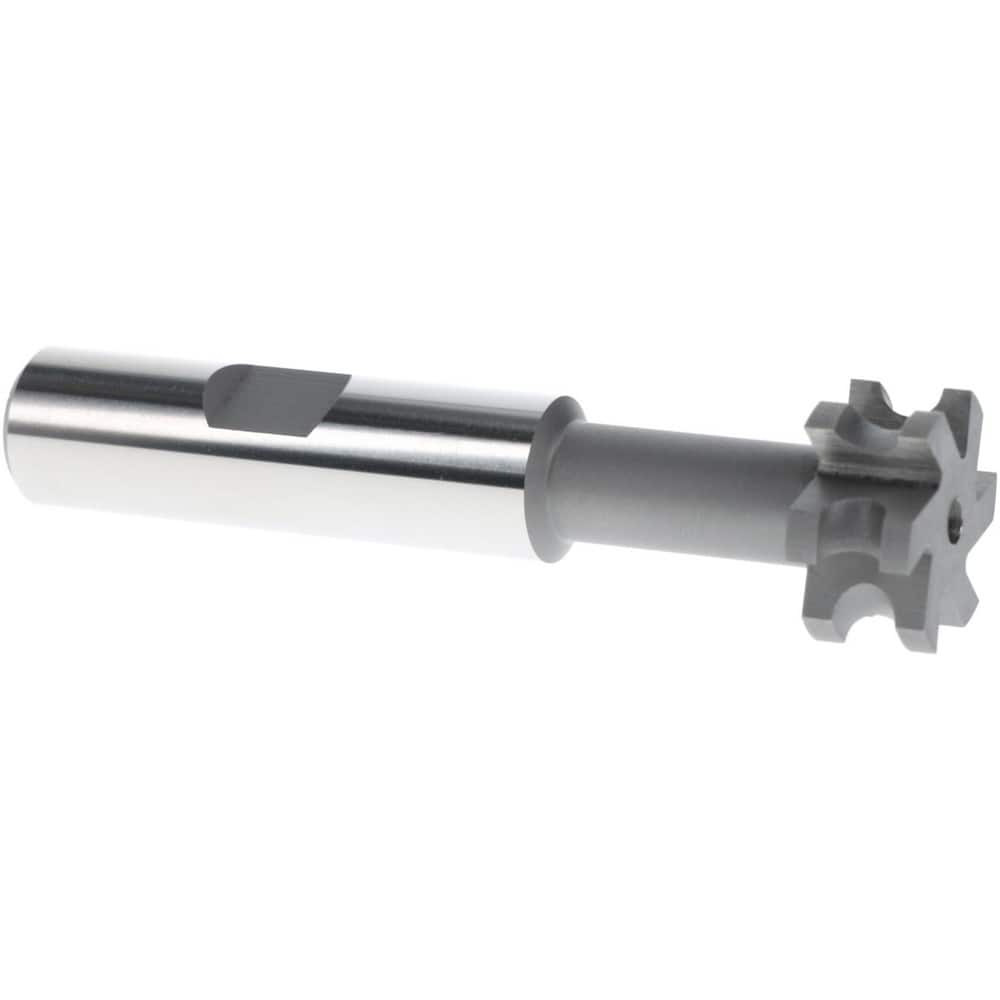 HSS Inch Concave Milling Cutter For Industrial
HSS Inch Concave Milling Cutter For Industrial -
 Metric HSS 13mm Reduce Shank Drill Bit For Metal Cutting Of High Precision
Metric HSS 13mm Reduce Shank Drill Bit For Metal Cutting Of High Precision -
 R8 Hex Collet With Inch and Metric Size
R8 Hex Collet With Inch and Metric Size




